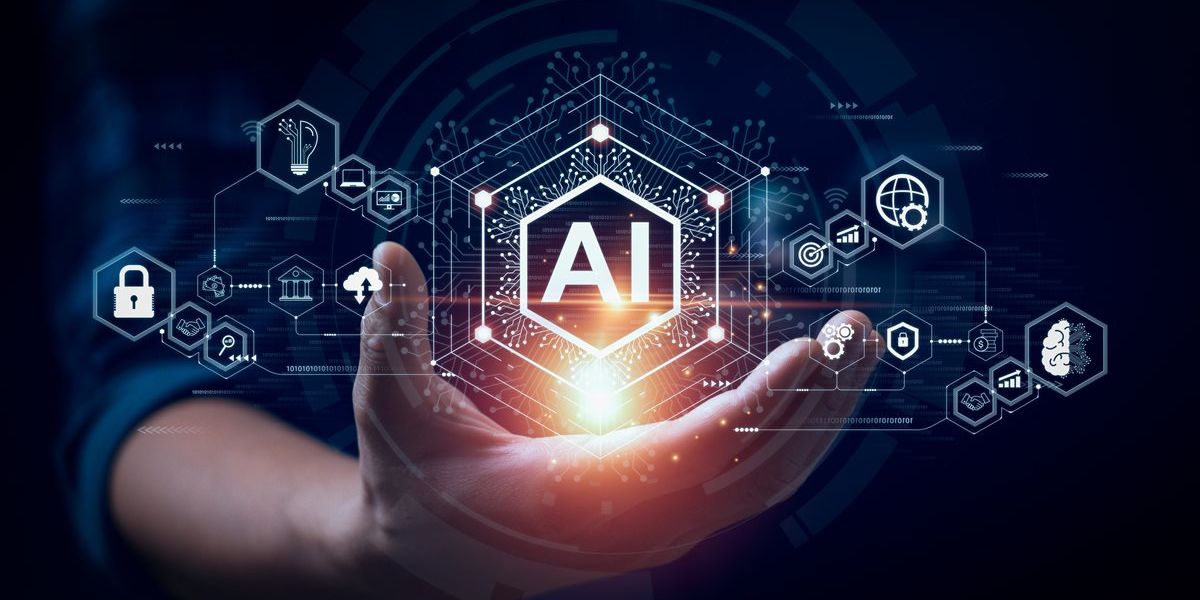Search Engine Optimization (SEO) has been evolving for years, but the rise of artificial intelligence (AI) is transforming the game like never before. As search engines become smarter, so do SEO strategies, driven by AI-powered tools and algorithms that help websites rank higher, faster, and more efficiently. Whether you’re a seasoned digital marketer or new to the field, understanding the role of AI in SEO is essential for staying ahead of the curve.
In this article, we’ll explore the major trends and predictions for AI in SEO, how it’s reshaping search optimization, and what you can expect moving forward.
How AI is Revolutionizing SEO
Artificial intelligence isn’t just a buzzword—it’s fundamentally changing how search engines function and how SEO professionals approach optimization. Google, for instance, has already integrated AI through RankBrain and BERT, which help interpret search queries and match them to relevant content. But that’s just the beginning.
Here’s how AI in SEO is making an impact:
1. AI-Driven Content Creation
AI-powered tools like Jasper, Writesonic, and ChatGPT are increasingly being used to assist in content creation. These tools can generate human-like text based on a set of instructions, making it easier for SEO experts to create optimized content. While AI can’t replace human creativity entirely, it certainly speeds up the process.
For example:
- AI tools can generate keyword-rich content in minutes.
- They can provide topic ideas, outlines, and even meta tags for blog posts.
You May Also Like: Impact of AI in Tourism
2. Enhanced Keyword Research
Traditional keyword research involved manually sifting through data and tools like Google Keyword Planner. But AI is changing that. With AI-powered SEO tools like SEMrush and Ahrefs, businesses can now identify highly relevant keywords with less effort. These tools leverage AI to analyze user behavior, identify trends, and even predict future search terms.
Using artificial intelligence SEO tools means that:
- You get better predictions for search terms.
- It’s easier to identify low-competition, high-value keywords.
3. Voice Search Optimization
With the rise of voice assistants like Alexa, Google Assistant, and Siri, optimizing for voice search is becoming more important. Voice search queries tend to be longer and more conversational, which means AI is essential for understanding the nuances of spoken language.
Search engines use AI to:
- Interpret complex, conversational queries.
- Provide more accurate search results for voice commands.
Optimizing for AI-powered voice search is no longer optional—it’s a must, as more users adopt voice technology for everyday searches.
AI-Driven SEO Tools and Their Impact
AI isn’t just enhancing SEO practices—it’s giving rise to a new generation of SEO tools that automate and improve various aspects of optimization. These tools are getting smarter by the day and are increasingly becoming an integral part of any SEO toolkit.
1. AI-Powered Analytics
Understanding how your site is performing in search results has never been easier, thanks to AI-driven analytics. Tools like Google Analytics and Moz now offer AI-based insights, providing actionable data on user behavior, keyword performance, and even site errors. The AI algorithms within these platforms can identify patterns and trends that humans might miss.
For example, AI analytics can:
- Spot patterns in traffic and rankings.
- Suggest fixes for SEO issues before they become critical.
2. On-Page SEO Optimization
AI-powered tools like SurferSEO and Page Optimizer Pro help with on-page optimization by analyzing content structure, keyword usage, and more. These tools use machine learning to understand how Google and other search engines rank pages, providing real-time suggestions on how to improve your content for better rankings.
These tools focus on:
- Ensuring your content is well-optimized without keyword stuffing.
- Analyzing competitors’ pages to improve your own.
3. Predictive SEO
One of the most exciting aspects of AI in SEO is the ability to predict future trends. AI algorithms can analyze past data, identify patterns, and predict changes in search behavior. For instance, they can help you understand which topics will trend next, allowing you to optimize your content for future searches before your competitors even think about it.
Predictive SEO can:
- Keep you ahead of the competition by preparing for upcoming trends.
- Help target emerging keywords before they become highly competitive.
AI and SEO in 2024: Trends and Predictions

As AI continues to evolve, it will bring even more changes to the SEO landscape. Here are some key predictions for how artificial intelligence will impact SEO in the near future:
1. Increased Focus on User Intent
Search engines are getting better at understanding the true intent behind search queries, and AI is the driving force behind this. In the future, SEO will be less about targeting individual keywords and more about understanding and catering to user intent. This shift will make AI-powered tools even more valuable for understanding the nuances of user behavior.
2. Hyper-Personalization of Search Results
AI is enabling search engines to deliver hyper-personalized search results based on a user’s search history, location, and preferences. This trend will continue, making it even more important for businesses to personalize their SEO strategies based on user data. Tailoring content to individual users will become the norm, and AI will help marketers do this at scale.
3. AI-Assisted Content Creation
AI tools are already helping with content creation, but in the future, they’ll likely become even more advanced. We can expect AI-generated content to improve in quality and sophistication, making it nearly indistinguishable from human writing. While this might sound like a content creator’s nightmare, it could be a boon for SEO specialists who need to produce a high volume of optimized content.
You May Also Like: The Impact of AI on the Financial Industry
4. Automated SEO Audits
Manual SEO audits will become a thing of the past as AI tools become more advanced. These tools will be able to analyze a website’s SEO health in real-time, providing instant recommendations for improvement. This will save SEO professionals hours of time and allow them to focus on higher-level strategy.
5. AI in Visual Search
As AI-powered visual search continues to grow, optimizing for visual SEO will become essential. Platforms like Pinterest and Google Lens already allow users to search using images rather than text. SEO strategies will need to adapt to include optimizing images, videos, and other visual content for search.
Conclusion: The AI Revolution in SEO is Just Beginning
The role of AI in SEO is undeniable, and its impact will only continue to grow. From improving keyword research to automating content creation, AI-powered tools are already transforming the way businesses approach search optimization. And with new advancements in machine learning and natural language processing, the future of SEO looks even more promising.
As we look ahead to 2024 and beyond, staying ahead of these AI-driven trends will be crucial for SEO success. By embracing AI SEO tools and focusing on user intent, businesses can ensure their websites remain competitive in the ever-evolving world of search. Learn more at AcquireSavvy

